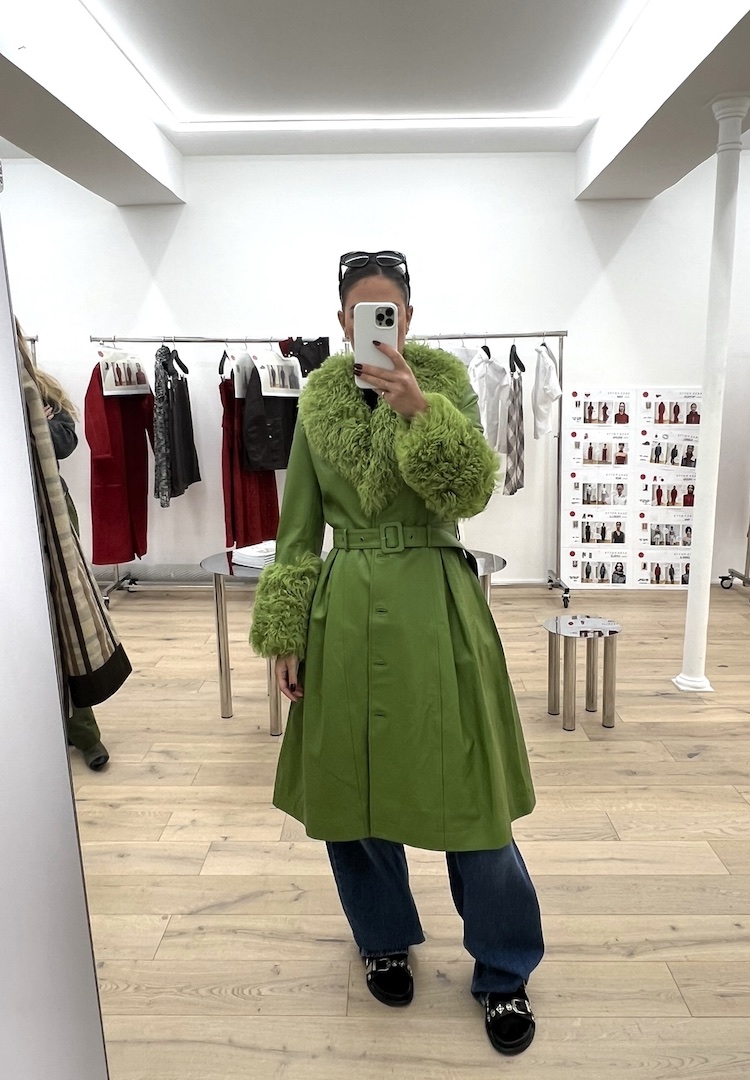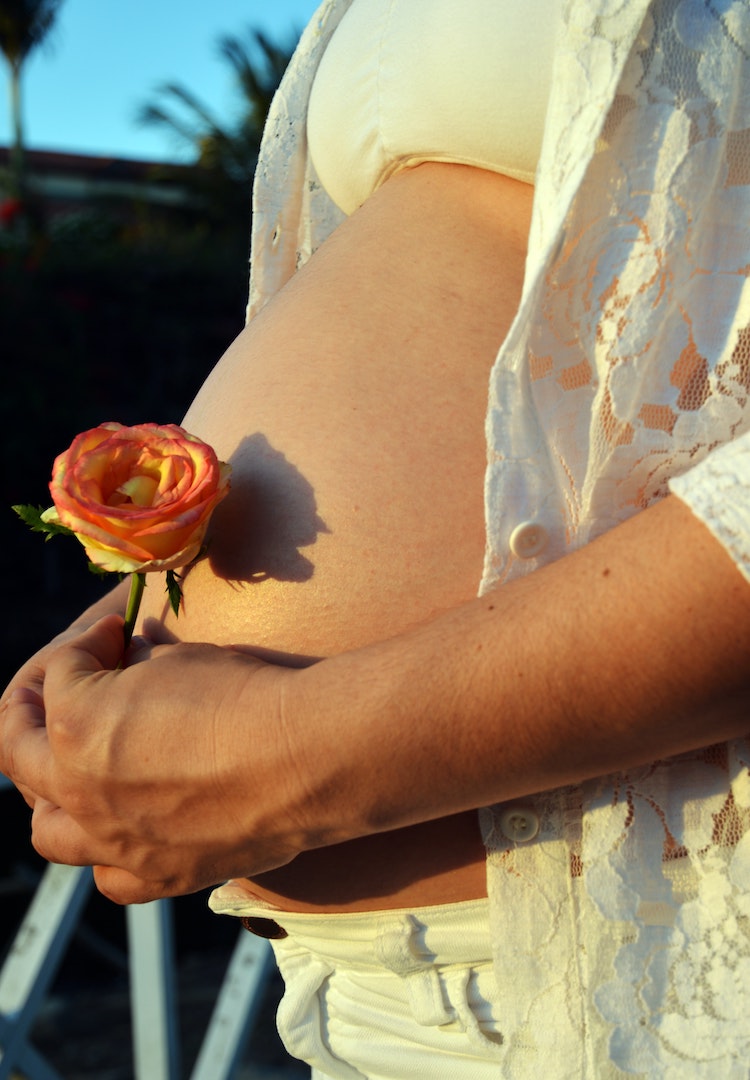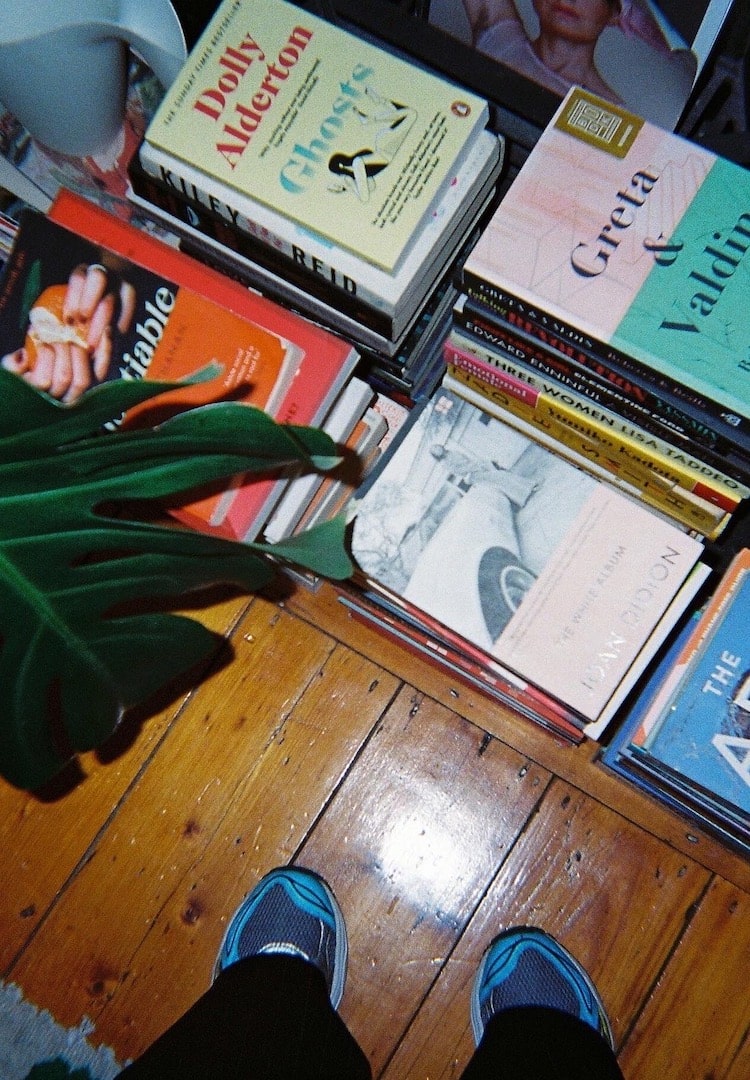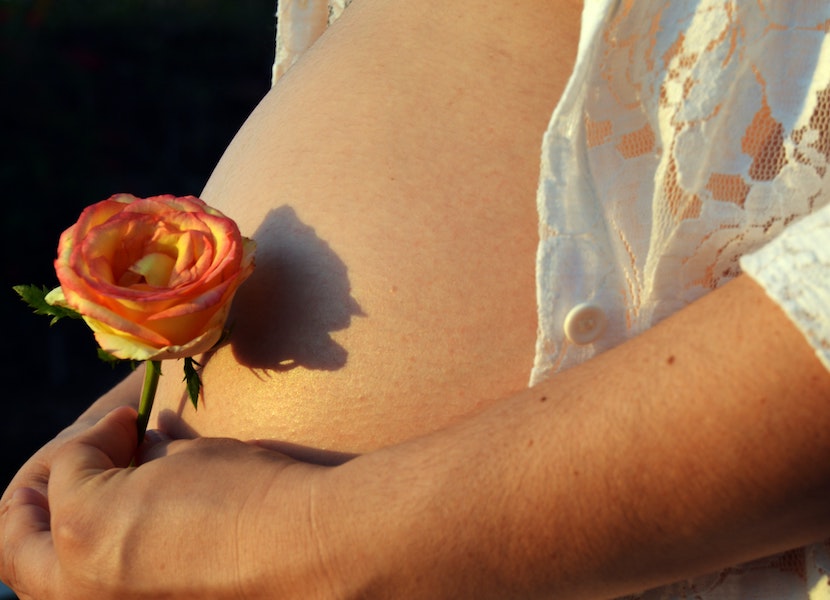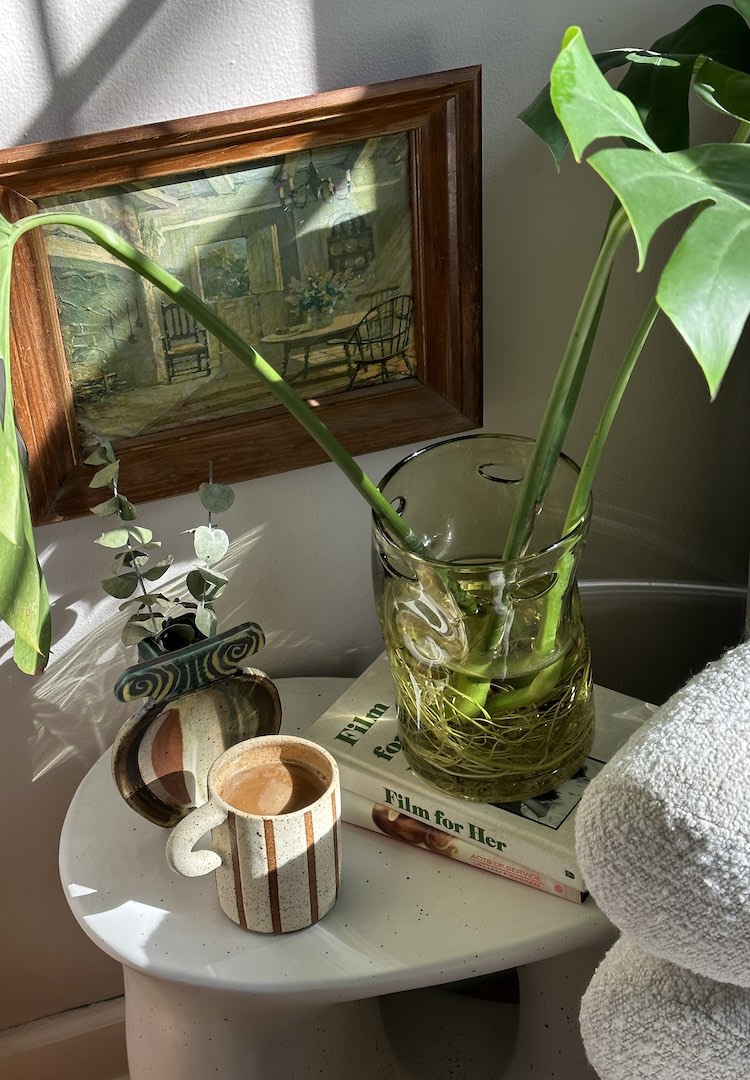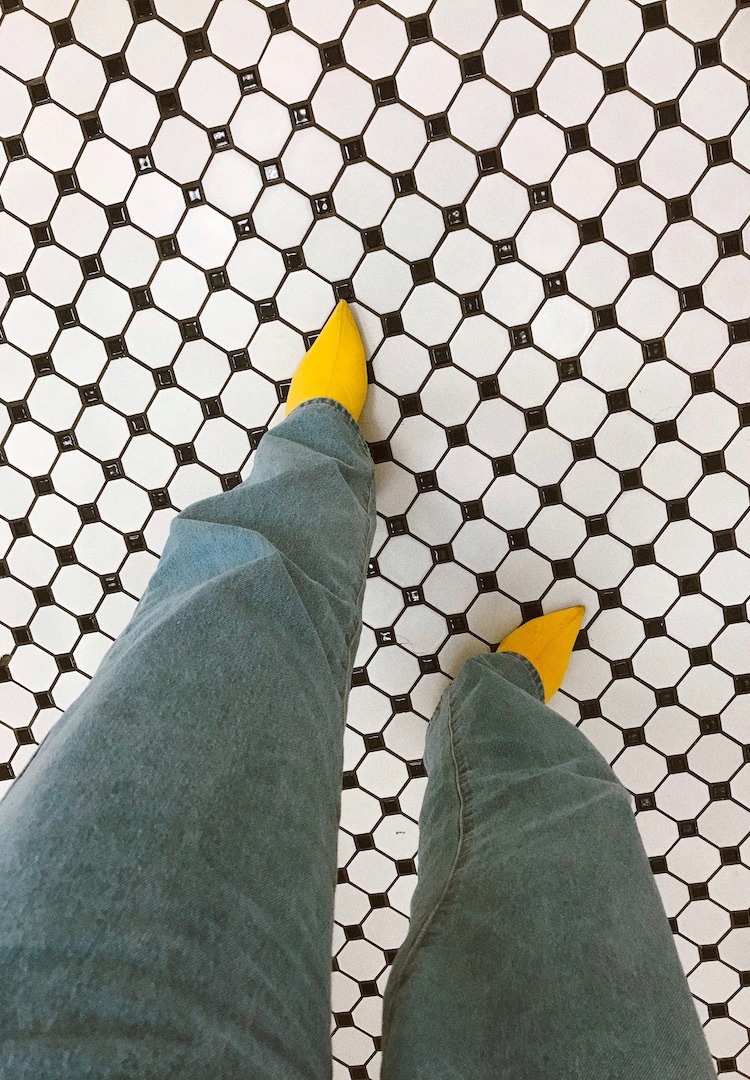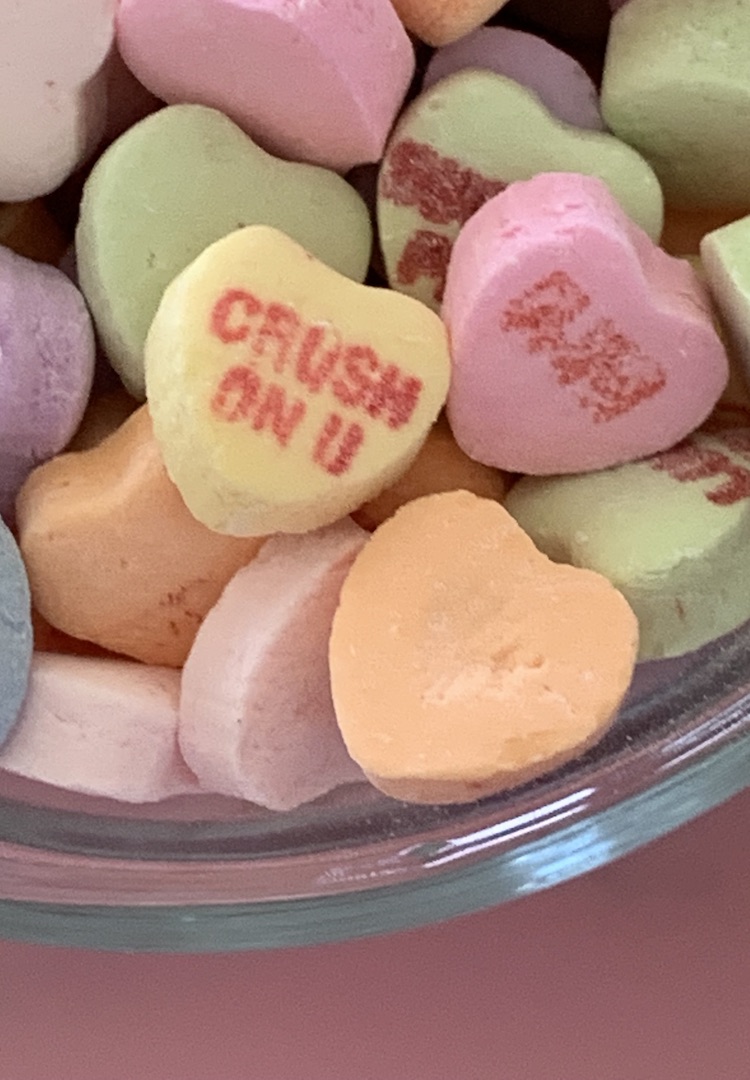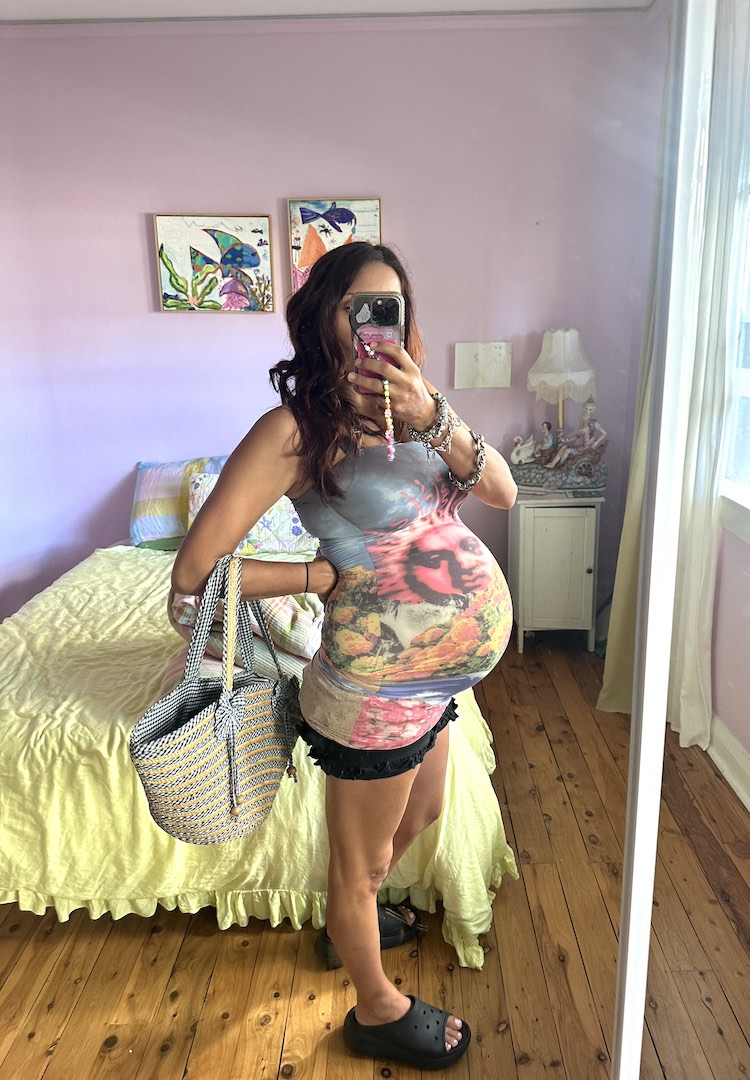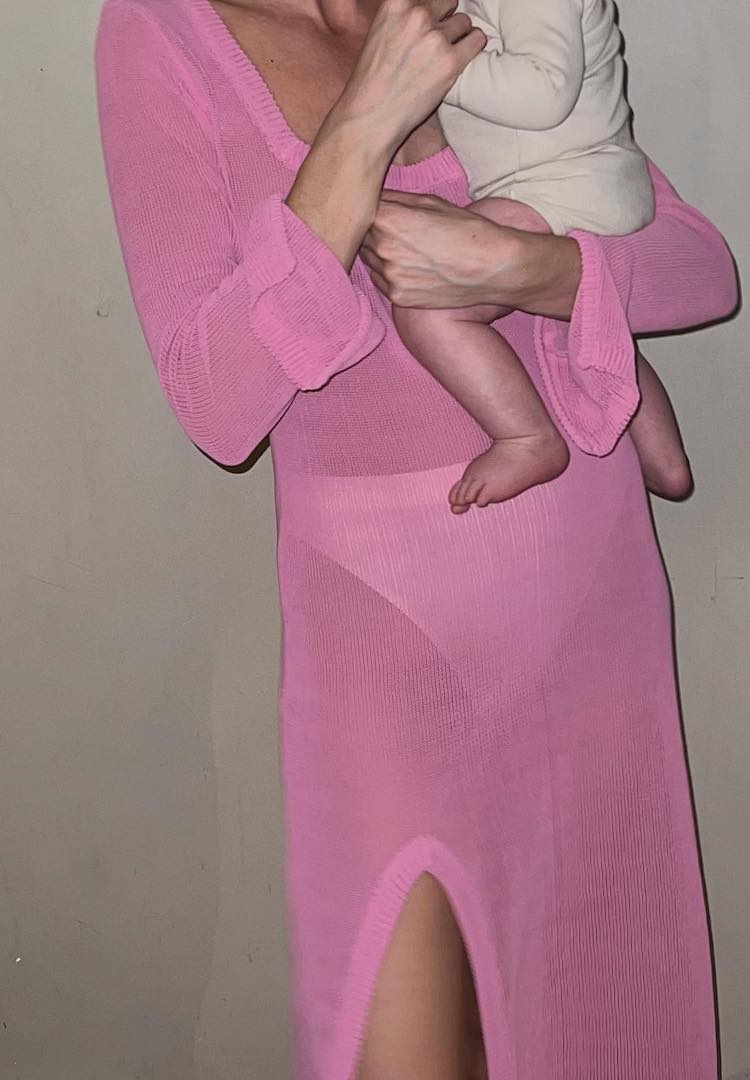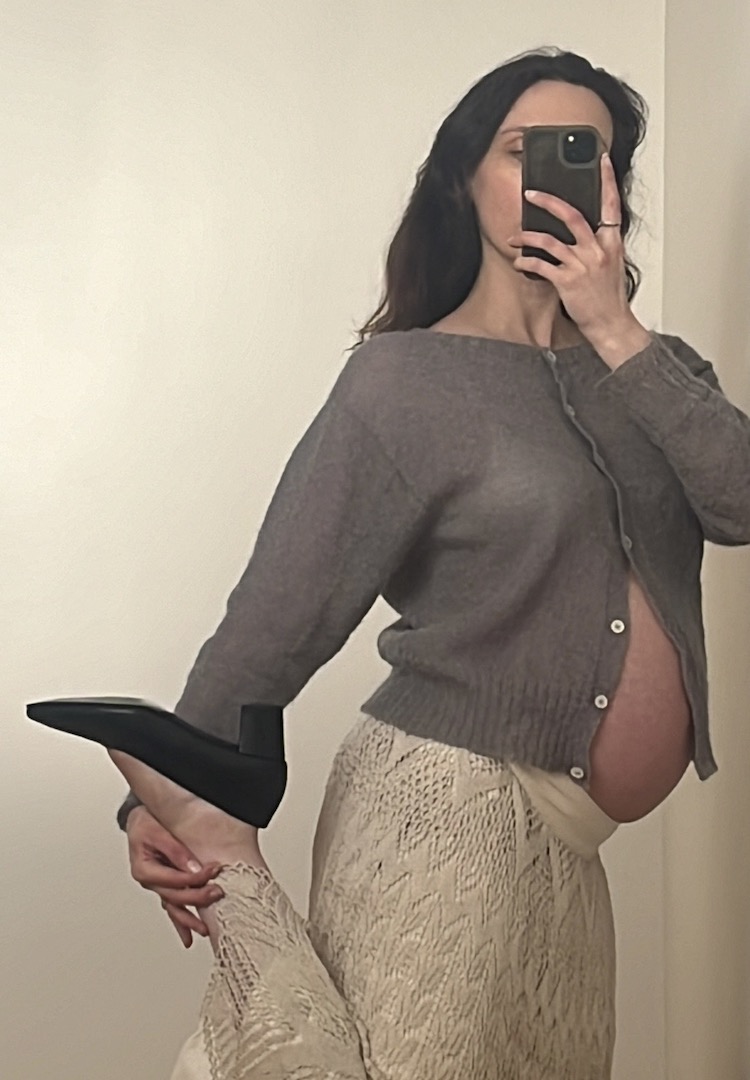How do you know if you want children? An excerpt from Gina Rushton’s ‘The Most Important Job in the World’
WORDS BY GINA RUSHTON
“I always believed the answer would come before the question, as we’re led to believe it does.”
The question of who owns a body and who can intervene in its fate has consumed most of my working life so far. Every day for several years I reported on reproductive choice, which is to say I documented power and control. I interviewed woman after woman about the ways social stigma, inequality, the law, and the state had each obstructed their access to contraception and abortion.
Few people have been so professionally occupied with the risks of coercing people into parenthood. Even fewer have written hundreds of news articles about how compromised and conditional bodily autonomy can be. I know it has left me carrying an unreasonable need to prove to myself that this is a decision I am making without intervention. That this is my body, that this is my choice. I might come to the page with a singular paranoia, but I am also just another person, unsure of herself and her future, trying to make a decision.
Interested to hear how others navigate the world? Head to our Life section.
Nothing so quickly confirms what you love and fear most about the world and yourself like the question of whether or not you want children. My friendships with women who are perpetually loving, blossoming, failing, forgiving, growing, reaching towards a better world with a grace that should never have been demanded of them. The kids, marching with their signs. The fathers in my life softening, the mothers taking space. My partner, gently challenging expectations of what a relationship with a man could be. My elderly neighbour leaving a single homegrown tomato on my doorstep in the middle of a pandemic.
My unstoppable niece, half-naked, zooming on her scooter down a hill through a public park, refusing to heed or wear a shirt, speeding with the confidence and fearlessness of a middle-aged man, somehow yet to realise girls must be obliging, sweet and modest. My hubristic belief in my own ability to take good care of others. The bluebells I sold to my mother’s friend as bulbs when I was a child still blooming each September two decades later. Notions of a home, stable in the way mine wasn’t.
The graphs showing emissions and inequities, lines inching towards the top right corner of each square. The sense that everyone is hardening, digging their heels into dogmatism. The struggle to think of a single friend in a relationship with a man where there is a fair division of any kind of labour. The 200-and-something weeks of exposure to readers who believe women are overreacting, women are asking for it, women are incubators. Tracing the identities of one of my trolls and discovering he was a boy, not yet a man.
The days where I hear a whisper in the wind: I’m broken and can’t be repaired. Fires blazing along the Arctic Circle. Loving someone who is in addiction for a long time and learning how neither love nor time always heals. Every parliamentary debate I’ve reported on in which physical sovereignty was debated by men who fetishised motherhood, the most important job in the world, while supporting policies that made life harder for mothers. There are no deciding factors, only feelings.
I am a member of a generation that often feels impotent in the face of endless uncertainty. The question of children thrusts us into a time beyond now, demanding we come up with more than whatever gets us through the present while the only assurance we’ve had about what lies ahead is that it will be worse.
To have a child feels like a leap of faith in myself as I am and this awful, beautiful world as it will be, or an act of faith in our ability as parents and children to survive transience. I find in myself and in others a fear about what children will inherit not just in the earth in which we plant them in but in their roots; a contemporary consciousness of how harm moves through generations.
When I was a child, to be inconspicuous was a virtue and it seemed parents were also less inspected. But now even hypothetical children feel visible to us and we feel visible to them with all our flaws in a way that feels new. My mother had a single ultrasound across four pregnancies. It feels as though we now scan ourselves for complications before we even know if we want to be parents.
The question of whether or not to have children forces us to think deeply about our own impermanence while reminding us that we might be here just long enough to pass along what we love and fear. I will seek out people who are scared about what their legacy might be when it comes to their genetics, their cultural mores, their trauma and their tendencies, and thinkers who could help me answer how much agency we have over this.
Is an awareness of how you were raised and how you want to raise your children enough? How much are we trying to prevent harm and how much are we trying to control outcomes? What if all our kids actually absorbed was the millennial hyper-cognisance of consequences and we raise a generation of risk-averse neurotics?
For women in relationships with men, the question of motherhood intensifies many of the lessons we are unlearning about our place in our own partnerships. In considering whether to make an irreversible decision to have a child, we are often considering an investment in the longevity of dynamics we have spent years questioning.
We still hear echoes of the messages we were told as children about how boys and girls should or should never express our needs and what we are allowed to ask of each other. The childfree women I know have already tasted motherhood. We have given unconditional love, care, domestic and emotional work to those around us, including partners.
I am one woman, a lucky one, with a big set of liberties and a smaller set of burdens influencing my decision. I have had the immeasurable freedom of time to consider this question in the abstract, which is not afforded to many people considering how and with whom to build a family, biologically or otherwise. I want to look beyond the doubts I have about myself and my own place in the workplace, in a relationship with a man, in a body that might be infertile, in a dynasty of dysfunction, in a country where colour is draining from the coral and smoke will more frequently fill the sky.
View this post on Instagram
I don’t want to draw myself into my own windowless hesitation, where I can’t see storms nor appreciate how sheltered I am from them. What are the stakes for a middle-class white woman considering middle-class white motherhood? I have spent years immersed in various battles for reproductive rights that have been organised around women like me – those who want to prevent pregnancy. I am learning. I am expanding my concept of reproductive oppression to include everyone with a uterus who is obstructed not only from preventing or ending pregnancy but from continuing them safely, free from violence and discrimination.
How have my safe interactions with medical and legal institutions blinkered my understanding of how other women experience them? Not one of the challenges posed by potential parenthood are borne evenly by everyone and they are rarely heaviest for white, cis-gendered, able-bodied women who are in relationships with men. I am hoping that the experiences of others will speak where I cannot and should not.
I always believed the answer would come before the question, as we’re led to believe it does. The desire for children would just appear, unbidden and then unwavering. I never heard that ‘yes’ and so I assumed it was a ‘no’. Instead, the question came first and fast, uncomfortable, and unanswered. I can’t build a life around a preference; I need to make a choice.
This edited excerpt is from The Most Important Job in the World by Gina Rushton, published by Macmillan Australia on March 29 2022, RRP $34.99. You can get a copy here.

